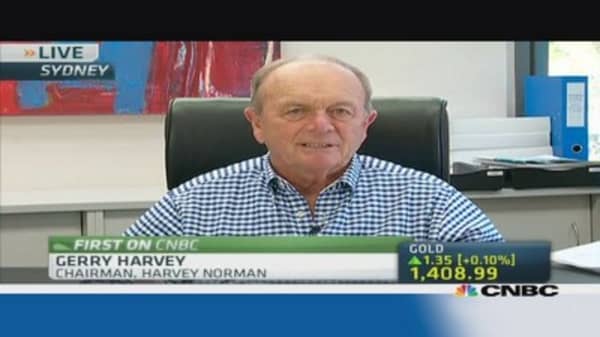Australia's corporate earnings season is virtually done and dusted and the results have not been as bad as analysts feared, putting Aussie stocks on track to end the month on a firmer note than most of their peers.
About 39 percent of companies reporting have exceeded analyst expectations against 27 percent that missed expectations, analysts said.
"The best way to look at earnings season down in Australia is that you could probably give it a score of 6/10 and some people would say I'm probably being generous," said Evan Lucas, market strategist at trading firm IG.
"The reason I think it has done okay is that if you look at how the share market has performed over the four weeks of August compared with the S&P 500 stock index, Australian stocks have outperformed. So, we have some better-than-expected earnings and that has helped the market pick up," he said.
(Read more: Slowdown not stopping Australia's millionaire factory)
Commonwealth Bank of Australia, the country's biggest lender by market value, posted a record annual profit earlier this month, while shares in national carrier Qantas jumped 7 percent on Thursday after the airline said it doubled its underlying annual profit.





